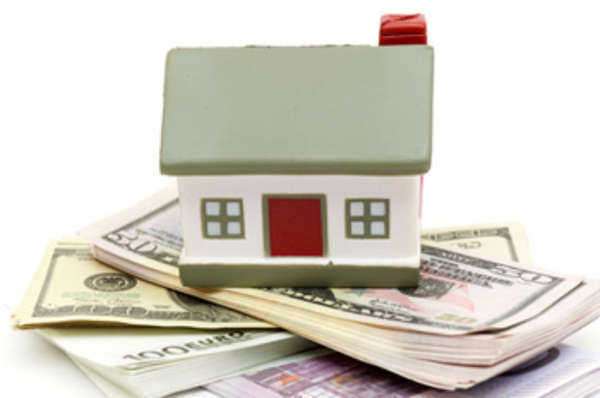Capital Gains Tax on Property
Laws associated with capital gains tax on property typically shift based on the party in office and the state of the United States housing economy. For instance, if you sold an income producing property during the following tax years, your profit will be taxed at the following capital gains rates:
For income-producing property held more than one year, an investor in a 25% or greater tax bracket will be taxed at a 15% long term capital gains rate.
For 2006 and 2007, investors in a 15% or lower marginal tax bracket will be taxed at a 5% capital gains rat.

For 2008 through the 2010 tax years, the capital gains tax on property will be lowered from 5% to 0%.
The capital gains tax on property is also applied to rental properties. To qualify for the capital gains tax on property, you must occupy your rental property for at least two of the five years you owned the property. To calculate the capital gains, list your original property price, and subtract the cost of improvements made to the property. Take this number, and subtract the depreciation cost, including property taxes, and other costs such as loan interests. This figure is known as the adjusted basis. The next step, is to determine the market value--subtract this figure from the adjusted basis, and then subtract the selling cost from the fair market to determine the capital gains tax on rental property.